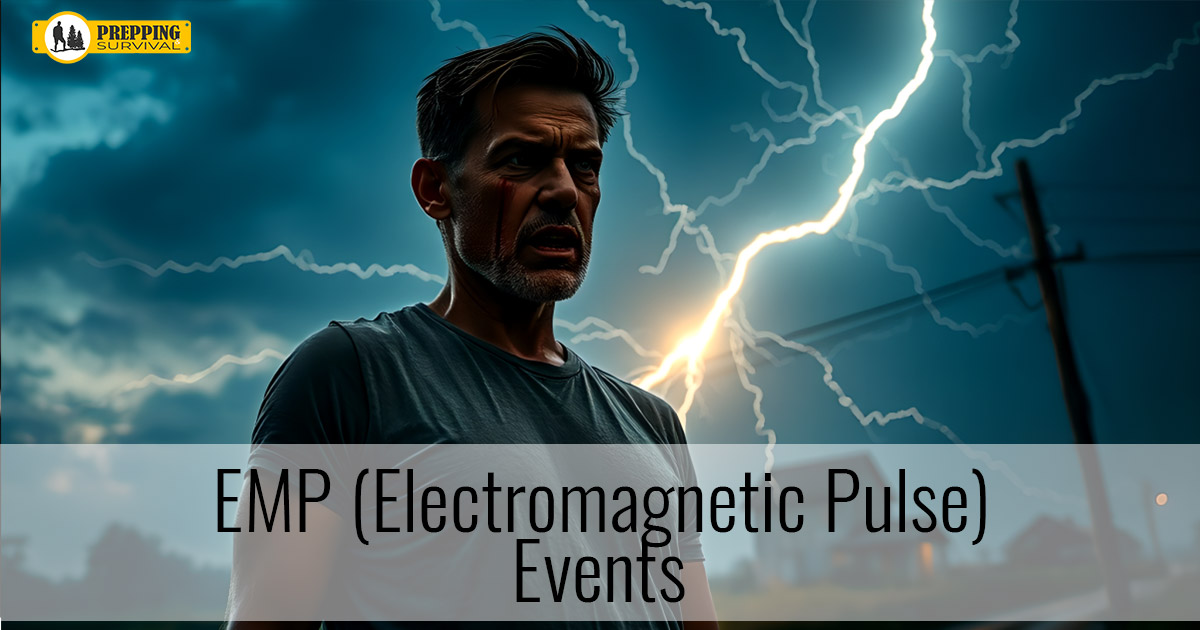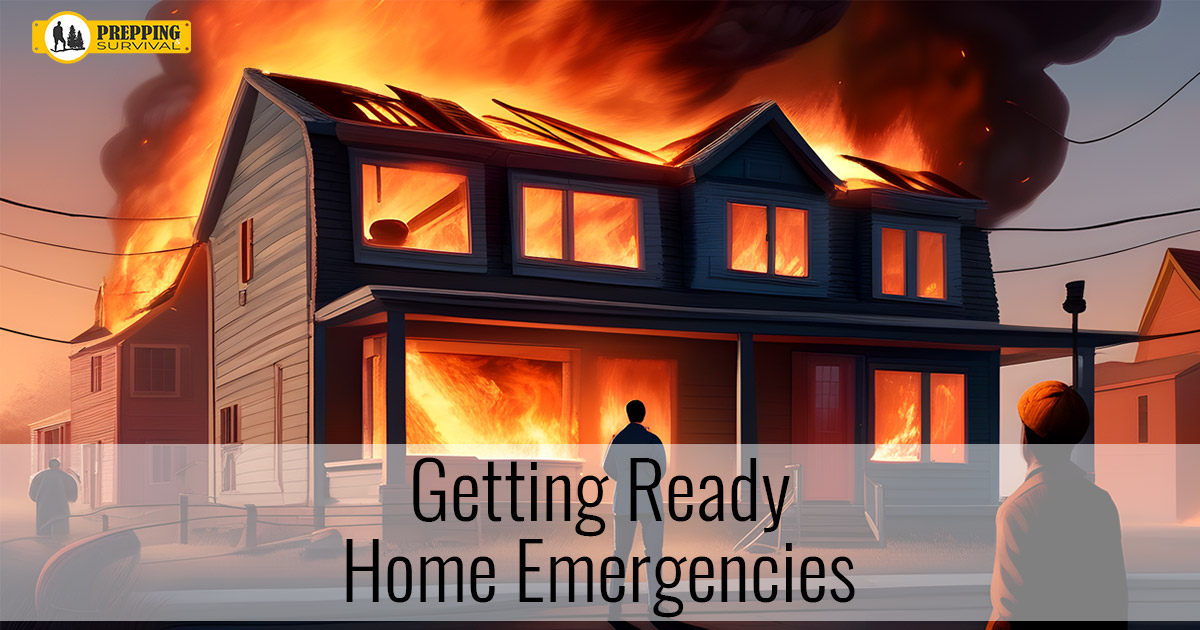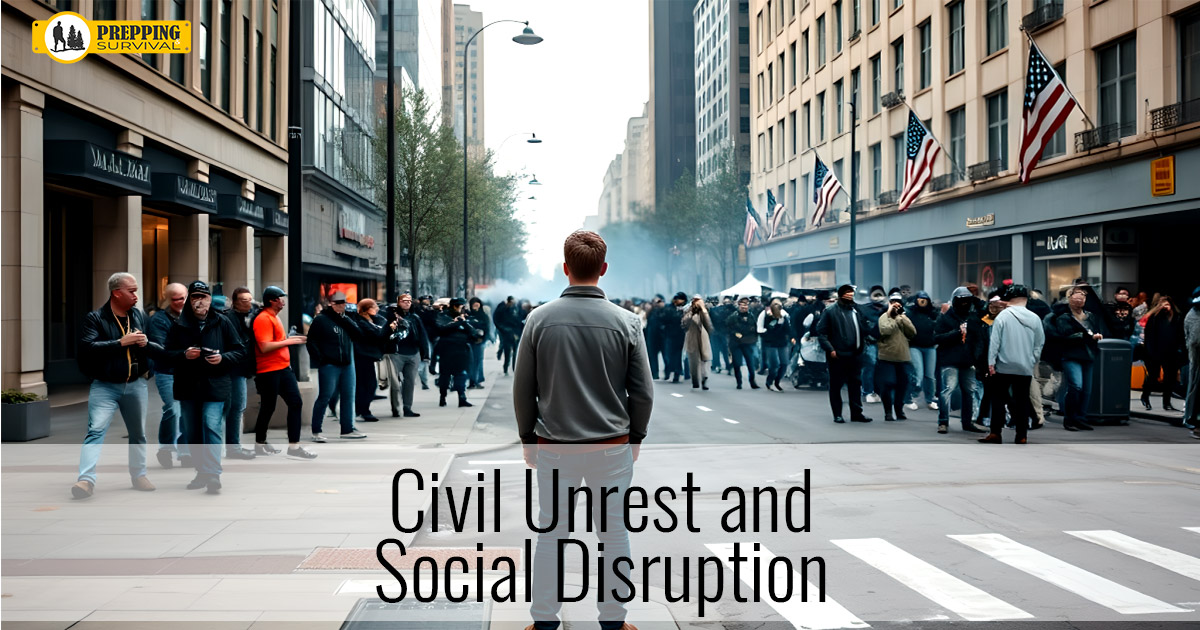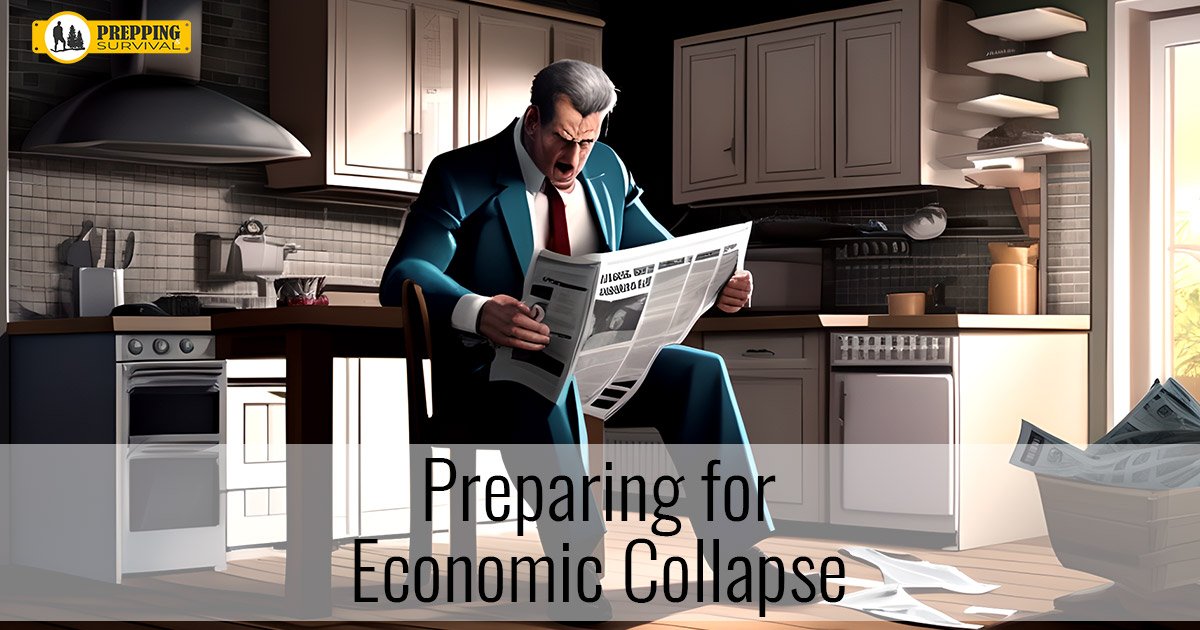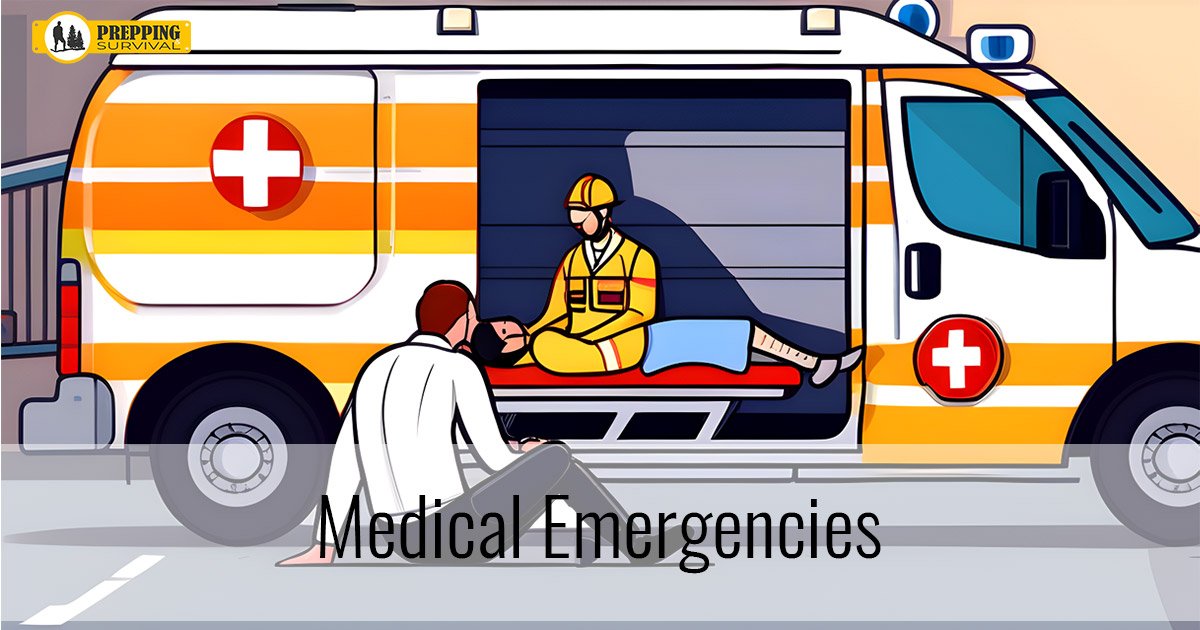Preparing and getting ready for home emergencies such as fires and power outages necessitates a thorough strategy to ensure that you and your family can respond effectively and remain safe.
This process includes recognizing potential threats, devising a plan, and equipping yourself with the necessary tools and information to handle these crises. Fire safety starts with prevention.
Some of the steps to get ready for home emergencies
Consistently inspect and maintain smoke alarms and fire extinguishers, ensuring all household members are trained in their use. It is crucial for home emergencies to establish a clear fire escape strategy, incorporating multiple exits from each room and a predetermined meeting place outside the home.
Fire
Regularly practicing this escape plan will ensure that everyone is prepared and confident in the event of a fire.
By teaching your family crucial fire safety techniques like “stop, drop, and roll,” testing door temperatures before opening them, and understanding the vital rule of never returning to a burning building, you can significantly increase your family’s safety and peace of mind. With consistent effort, these practices will become second nature, providing a sense of security and readiness that could potentially save lives.
Power Outages
When preparing for power outages, gather an emergency kit comprising flashlights, batteries, a battery-powered or hand-crank radio, and basic first aid items. Consider alternative power options like solar chargers or a generator, but always operate generators safely, never indoors, to avoid carbon monoxide risks.
Food and Supplies
Prepare yourself and your family by stocking enough non-perishable food and water to sustain each member for at least three days. By doing so, you ensure peace of mind and security in the face of home emergencies. Additionally, devise a plan to maintain comfort during extreme temperatures, such as gathering extra blankets, using battery-powered fans, or identifying local cooling or warming centers. This proactive approach will not only safeguard your well-being but also empower you to handle challenges with confidence and resilience.
Stay Informed
Staying informed during home emergencies is your path to safety and peace of mind. By ensuring you have access to emergency alerts through a NOAA Weather Radio or reliable smartphone apps, you can confidently navigate any crisis. This awareness empowers you to make wise choices about whether to evacuate or stay put.
Building a robust communication plan is key. When all family members know how to contact each other, even if separated, you strengthen your sense of security. Designate an out-of-town contact as your communication anchor, ensuring you’re connected even if local networks fail during a disaster.
For specific home emergencies like fires, safeguarding your valuable documents in a fireproof and waterproof container—alongside digital backups—protects your essential information. These proactive steps promise not only safety but also the invaluable peace of mind knowing you’re prepared for whatever comes your way.
Getting out to safety
In the case of power outages, know how to manually operate electric garage doors or gates and have a strategy for preserving food, such as using a cooler and ice packs to keep perishables safe.
Conclusion
Picture this: It’s the middle of the night, and suddenly, everything goes dark. The hum of your fridge stops, the lights flicker out, and you’re left in silence. Kinda freaky, right? But here’s the deal—being ready for stuff like this can make a world of difference.
In my own life, I’ve found that keeping a cool head is key. I always tell my family, “Hey, let’s stick together and keep our cool. Safety first, guys!” It’s not just about having some emergency candles and a flashlight handy, though those help too. It’s really about having a game plan for when things go sideways, like a fire or a blackout.
I’ve learned that a little bit of foresight goes a long way. We try to stay in the loop with any news that might affect us, and we’ve got a stash of essentials ready just in case. It’s like prepping for a camping trip but hoping you never have to “camp” in your own living room.
Honestly, it’s about keeping your wits about you and being ready to roll with the punches. By doing all this, you’re setting yourself and your loved ones up to handle home emergencies and whatever comes your way. It’s not foolproof, but it’s better than being caught off guard.
You may also like
